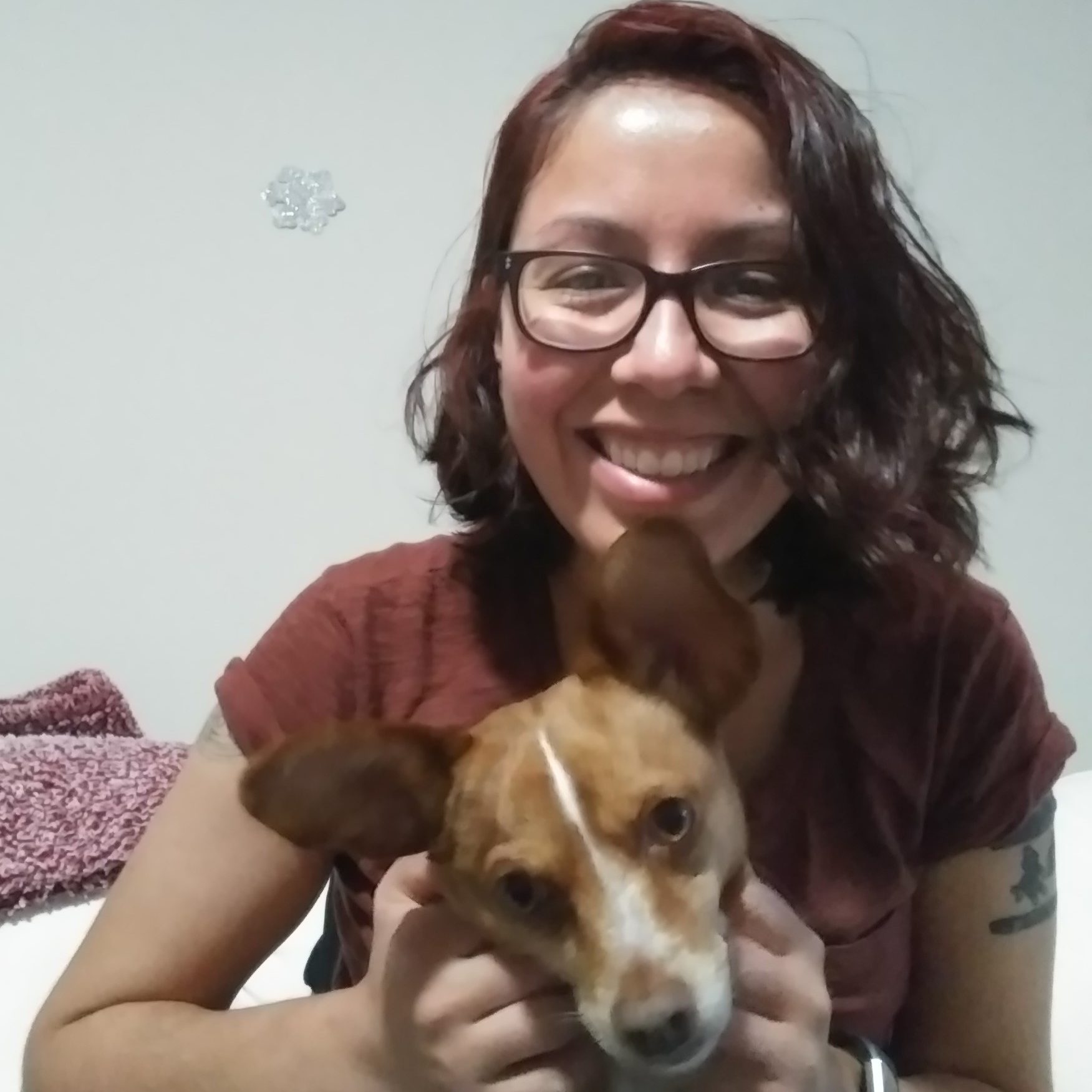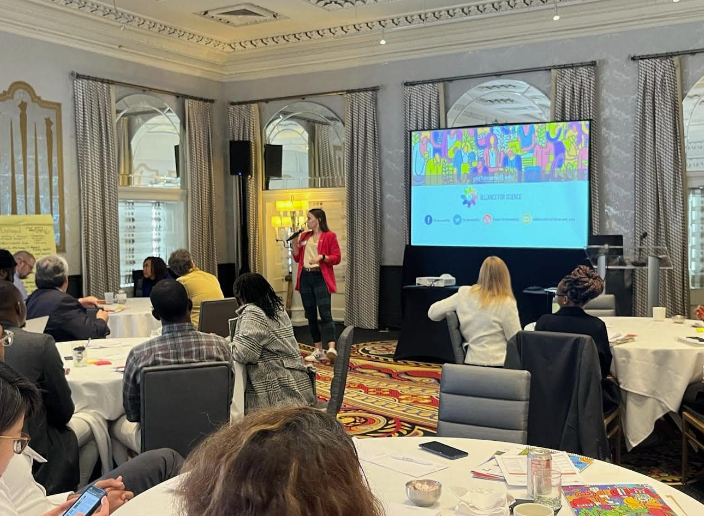Bullying in academia
Bullying continues to be a problem in academia. A recent global survey showed that 59% and 84% of participants either witnessed or experienced abusive supervision behaviors, respectively. Bullying in academia is difficult to address because a power differential exists within the mentor-mentee relationship. Graduate students and postdoctoral researchers (both referred to as trainees) are largely dependent on their supervisors for training, networking opportunities, successful career advancement, and continued stipends or job security. It is not surprising that trainees are reluctant to report abusive behavior for fear of retaliation. Bullying and bullying policies are also not as well defined or common as non-discrimination and anti-harassment (NDAH) policies. This creates an added hurdle for trainees and contributes to dismissive conversations around the issue. Individual institutions, such as the University of Georgia, have the responsibility to raise awareness about bullying in academia and to empower their trainees by providing in-depth training on existing policies and appropriate reporting protocols.
Current efforts to address bullying in academia
Higher education institutions across the United States are starting to recognize bullying in academia as an issue and, as a result, implementing policies or starting initiatives to tackle the problem. Virginia Tech started the Disrupting Academic Bullying initiative, which is raising awareness, providing training, and encouraging action plans that commit to disrupting bullying in academia. The University of California, Davis offers “Is it Bullying†training where participants learn about abrasive behaviors in the workplace and the policies and resources available to them should they experience these behaviors. In this training, UC Davis reviewed data from 2013 Campus Climate Survey that shows 24% of respondents witnessed or experienced exclusionary, harassing, or bullying behavior often when the perpetrator had more power than the victim. Their data also show that trainees experienced exclusionary conduct from other students and faculty, and that postdocs experienced it from faculty. Additionally, the Academic Parity Movement, a nationwide non-profit organization, aims to protect trainees and early career academics who experience discrimination, violence, or bullying. They do this by conducting the research, compiling the data, and providing us with information and tools to address these situations.
Current efforts to address bullying and harassment at UGA
The University of Georgia has the Workplace Violence Policy, which states that UGA will not tolerate any type of workplace violence committed by or against employees, the student body included. Though this is a step in the right direction, this is not common knowledge among trainees nor is it easily accessible. Currently, information regarding non-discrimination and anti-harassment and workplace violence policies can be found on the Human Resources – Employees website, however, the NDAH link will get you a 404 – Not Found message, and the Workplace Violence link will lead you to a wrongly linked Dispute Resolution Policy. Additionally, neither of these are accessible through the Graduate School – Policies and Procedures website, though a broken NDAH link is available on the Graduate School – Student Conduct website.
Call to action
In order to empower trainees and help them voice concerns to take a stand against bullying and harassment, UGA has the responsibility to make this information accessible, understandable, and approachable. UGA should do this by: 1) dedicating a “Graduate School – Current Students†section to policies and procedures addressing bullying and harassment, 2) providing hands-on training for all graduate students during orientation week and 3) training Equal Opportunity Office (EOO) and Human Resources (HR) staff to receive complaints from and become familiar with the trainee/faculty dynamic.
1) Dedicate a “Graduate School – Current Students†section to policies and procedures addressing bullying and harassment
This section, such as the one available to Duke graduate students, will provide trainees with a hub where they can easily access pertinent policies to make informed decisions. Additional things that should be available are clear reporting protocols, guides that distinguish between incidents that should be reported to EOO versus HR, and contact information for EOO, HR, and Ombudspersons. Building awareness among trainees and maintaining an open dialogue about these issues will help keep UGA accountable to its trainees.
2) Hands-on training during orientation week
It is important that trainees know these policies and understand their scope, what constitutes a violation of said policies, and how to report violations. According to the UGA Graduate School, “Orientation is an opportunity for students to learn about key components of their graduate education experience from the Graduate School and representatives of key campus units.†Considering the prevalence of harassment and bullying in academia, and at UGA, it seems that, at least for the time being, this is a “key component of the graduate education experience,†and should be properly addressed. Training should consist of policy and protocol review, case studies that review harassment and bullying reporting, and role-playing to best prepare trainees to handle harassment and bullying behaviors as targets of this behavior and as bystanders. Besides helping trainees become familiar with these policies and procedures, this will also start a conversation that trainees may not be comfortable having until it is too late.
| Everyone knew how poor my [mentoring relationship] was. People would stop me in the hallway and tell me like, “I've heard how poorly things are going with the [mentor].†And I'm like, “yeah it sucks.†And they'd be like, “I'm so sorry,†and move on … All you did is make yourself feel better about making me understand that you know, but aren't going to do anything … Step up, you are tenured. Tell that person to stop behaving this way … I completely understand, for someone that's tenure track, I also would not put my career on the line. But if you're tenured, I don't understand why people wouldn't just call it out and say, “That person is behaving poorly and abusing people. What's the risk?†|
3) Training Equal Opportunity Office and Human Resources Staff
Despite frequent incidents of harassment and bullying in academia, trainees are not likely to report it due to various reasons. This means that EOO and HR staff may not be as familiar with the graduate student/faculty/laboratory work environment and dynamics. It is important to involve them in the training process to avoid putting this added burden on trainees who may choose to report.
Bullying is commonplace in academia, and individual institutions like UGA have the opportunity to change that. Trainees have the right to complete their graduate degrees and/or postdoctoral work without the risk of experiencing bullying. UGA can and should help propel this change by empowering their trainees with accessible and understandable policies and procedures, and to provide training that makes these approachable. This step is one toward promoting perpetrator accountability and supporting and protecting bullying victims.
About the Author
Ale Villegas is a Ph.D. candidate in the Department of Cellular Biology at UGA. Ale studies the egress of malaria parasites from red blood cells during their asexual life cycle. At UGA, she is also an advocate for students and diversity in STEM. Outside of lab, she loved going to concerts and 80s/new wave dance parties. During the pandemic, she is enjoying learning and writing about science policy, watching Schitt's Creek on repeat, and getting to know her silly pandemic rescue (Tavi). You can connect with Ale on Twitter @_ale_villegas.
-
Ale Villegashttps://athensscienceobserver.com/author/ale-villegas/May 12, 2022






